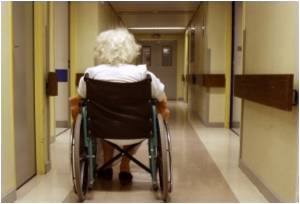Residential aged care homes in Australia are at risk of becoming into a “reservoir” of drug-resistant bacteria due to the misuse of antibiotics.

They also found that only 36% of suspected infections treated with antibiotics had documentation that clinical specimens were obtained to confirm the diagnosis, in some cases contrary to national Antibiotic Therapeutic Guidelines.
The authors wrote that the inappropriate use of antibiotics in some instances in this setting “may result in the RACFs becoming a reservoir for multiresistant organisms” but that these findings also reflected the difficulties in clinically assessing this patient population.
“Routine ordering of microbiological tests is not always practical in the RACF setting. This reflects the difficulties in obtaining specimens, the involvement of multiple laboratories servicing these institutions and the lack of timely results that inform prescribing”, the authors wrote.
In addition to difficulties in clinical diagnosis, the lack of clinical cultures also hindered the monitoring of antibiotic resistance trends among this population.
“Accordingly, alternative approaches such as periodic surveillance of antimicrobial resistance patterns may be more feasible in this setting”, they wrote. This approach was taken in recent work by Dr Rhonda Stuart and colleagues.
Advertisement















